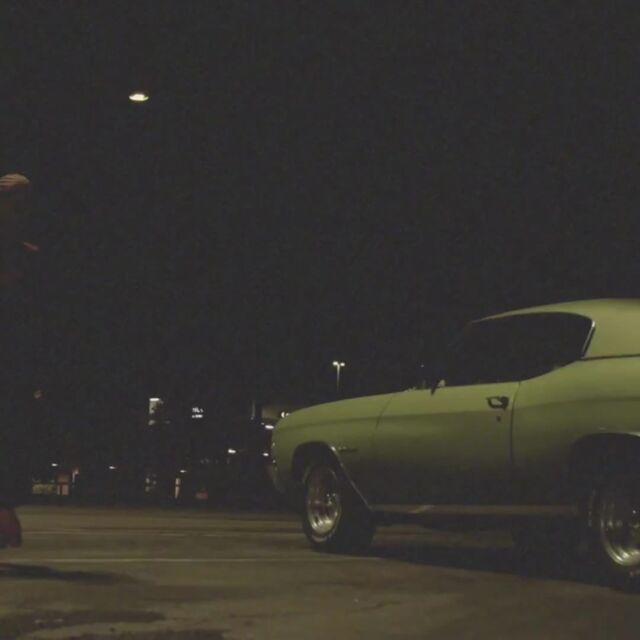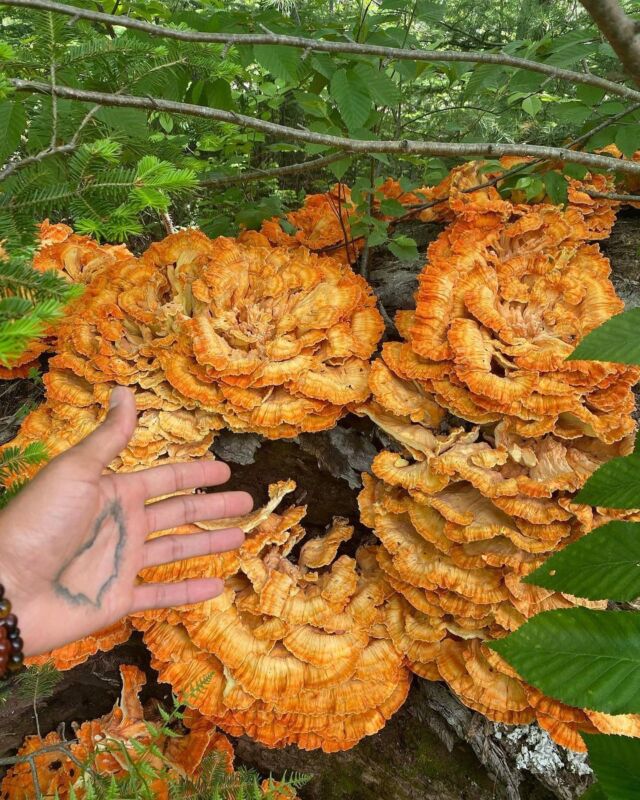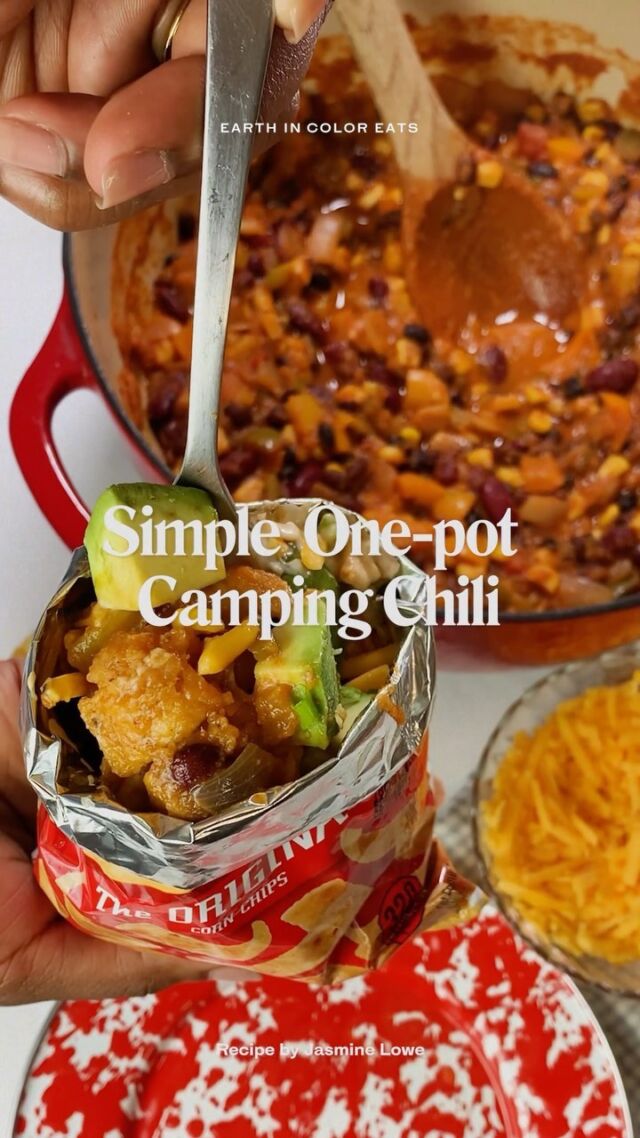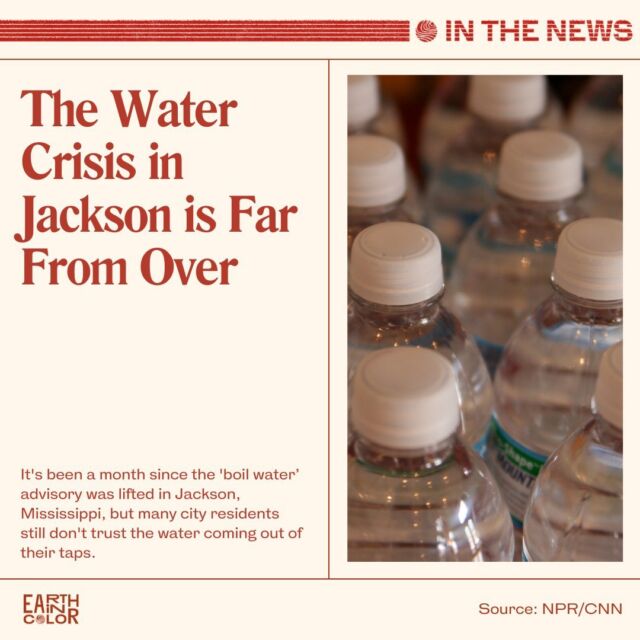This contributed piece is a part of our Featured Voices series, which invites writers, poets, artists, and creators to explore the various intersections of Blackness and Greenness. “Afloat” is a personal reflection and dialogue between two Black queer Floridians, as they explore their personal relationships to land and water. The two speak of the unique environment of Florida and their larger hopes for how their home is seen and remembered.
Sometimes home is more of a feeling than a word. In blueswoman Brittany Howard’s The South Just Has a Thang, she writes: “How do I describe the sound that your bare feet make when they pat the cool, packed red dust under them? How do I describe the color of the sky when you know there’s going to be a tornado?” How can I give Florida color without the shade of a porch or a tree dripping with Spanish moss for you to rest beneath? How can I tell you about the sweetness of Florida without giving you an orange or a sandhill plum to share with me, nectar staining our fingertips?
Every color I know is rooted in the breath and the feeling of Florida. The bruised blues and purples of full clouds threatening a night storm. Verdant willow trees cocooning the trails at Alligator Lake. Defiant; pink and orange—the electric backdrop to the close of day, triumphant behind my kinfolk as they shoot the breeze and, as Zora Neale Hurston writes of this Florida-evening porchside metamorphosis in Their Eyes Were Watching God, “became lords of sounds and lesser things … [passing] nations through their mouths.”
The first thing I learned to paint was a Florida sunset. My middle school art teacher rooted us in the style of the renowned Florida Highwaymen, a collective of Black Floridian painters who immortalized the natural beauty of our peninsula. He showed me how to remember the force of the wind wisping the clouds and bending the trees . . . how to begin with water and let the colors bleed, knowing they’d always be right.
At the time, and perhaps still, a Florida sky was the most beautiful thing I knew. It came in second only to the reverent brown faces who taught me how to worship it, resting on screened porches all down the road, calling me sweetheart and teaching me to enjoy the stillness, the spun gold, and amber of dusk.
My friend Candace, a Black trans and queer doula from South Florida, and I invite you to our porch to revel in the beauty of Florida and to see it as prismatic, vivacious, inventive, and loud. As an indisposable refuge to us and to many. As Black, and indivisibly so.
Every color I know is rooted in the breath and the feeling of Florida. The bruised blues and purples of full clouds threatening a night storm. Verdant willow trees cocooning the trails at Alligator Lake.
ON THE LAND
What would you consider as your land?
DRAYI was born in Jersey, but almost immediately my mom moved home to Lakeland, which is in Central Florida. We spent some time in Orlando, too. Most of our kin live there and also in Lake City, my hometown, which is in North Florida.
CandaceI was born in Broward County, and then my family moved to Nebraska for a little bit. We then moved to North Florida, in the Destin area. Later we moved to Palm Beach County, so if I had to claim any part of Florida, it would be South Florida.
What do you love about where you’ve lived in Florida?
CandaceThe people are amazing. Florida is right by the Caribbean, and so a lot of immigrants from those countries come to Florida. Our food is incredible, and we all have this shared experience of living by the water, which is so important to me.
DRayProximity to water is everything to me, too. Growing up, we’d drive down to Cocoa Beach or St. Augustine to be near the ocean, and when we couldn’t afford that, we’d spend time around a lake back home. Florida always seems to have fresh fruit in season, too. My mom loves buying oranges and watermelons from people selling them in trucks on the side of the road.
ON THE WATEr
What is your relationship to the water?
CandaceThe water is a very healing place for me. I have chronic knee issues, and I’d love for us to come up with ways to make beaches more accessible, like wheelchairs that can move across sand. I get angry when I think about climate change; the waters are warming and making hurricanes more intense. This idea of “natural disaster” is so incorrect; the government assists in the creation of natural disasters by not providing for people in the path of the storm.
DRayKatherine McKittrick is a Black geographer who talks about how naming something a “natural disaster,” in the context of Hurricane Katrina and other storms, “only [naturalizes] poor and Black agony, distress and death.” Florida’s also so long; evacuating is rarely a choice working-class Black people have, and if that’s even a possibility, driving to Georgia is really your only exit.
“This idea of ‘natural disaster’ is so incorrect; the government assists in the creation of natural disasters by not providing for people in the path of the storm.” Candace
Is there something about the perception of Florida that you’d like to correct?
DRAYYou know that Bugs Bunny GIF that goes around, where he’s cutting off Florida?
CandaceThat pisses me off like no other. That GIF circulates whenever an election happens, and I’m seeing it go around now, when there’s a lot of anti-queer and trans legislation happening in Florida. The current governor of Florida is Satan himself, but people’s knee-jerk reaction is to just get rid of Florida entirely. But people live there; Black and Brown trans and queer people live there. It’s a beautiful place to live—not just Miami, but the whole state. There’s life there and you can’t dispose of somebody’s home.
DRAYIt’s that legislation, White vacationers and snowbirds, developers, and corporations like Disney that make it hard for us to maintain our space. When I say I love Florida, people don’t think I’m talking about Black Florida, or they see it as regressive and unsalvageable altogether. Often I hear justifications that fall along the lines of “North/West good, South bad,” which is reductive and unfair. Most Black people in America live in the South. This constant denigration of people from Florida feels really anti-Black, and ignores that we have lives and histories worth protecting from White supremacist legislation.
CANDACEMost states have had terrible responses to the COVID-19 pandemic, especially when you consider the Delta and Omicron spikes last fall. No one has wanted to cut off California, New York, or other states where Black and Brown people were placed in peril—so why is there an urgency to do that to Florida, as if Black and Brown people don’t live there? As if they are not the people on the frontlines of tourism and service industries?
What’s something about Black Florida that you want people to remember?
CandaceKnow that Black Florida gives everyone so much. The Negro National Anthem came from Jacksonville. Trina is one of the most important women in my life. And read Zora Neale Hurston.
drayAnd Dantiel Moniz, and Tananarive Due. Witness Johanne Rahaman’s BlackFlorida archive. Understand that the Florida Classic is everything. I want people to love Black Florida as much as I do, or at least respect us for all we are.
—
Dray is a writer proudly hailing from Lake City, Florida. They are invested in representing the complex geographies, food histories, and resistance traditions of the Black South. Most recently, Dray was a Robert F. Smith fellow with the National Museum of African American History and Culture, where they helped process media archives of Black Southern labor organizing. Dray holds a B.A. in Africana Studies with a concentration in literature from Pomona College, and will be pursuing a doctorate in English and African American Studies at Duke University in the fall of 2022. They currently reside in metro Atlanta with their lovely cat, Odie.
Candace is a proud Black, Queer Floridian who has a passion for community, spirituality, and the South. She received her undergraduate degree from Florida State University and will be pursuing their joint Masters of Social Work and Public Health in Houston this fall as part of a career focusing on sexual health, reproductive justice, and harm reduction. Candace is also a full-spectrum doula supporting people through birth, postpartum, abortion, and fertility. Her passion for Black queer people in the South has led her to this work. Some of her favorite things include listening to music, reading tarot, and being on FaceTime.
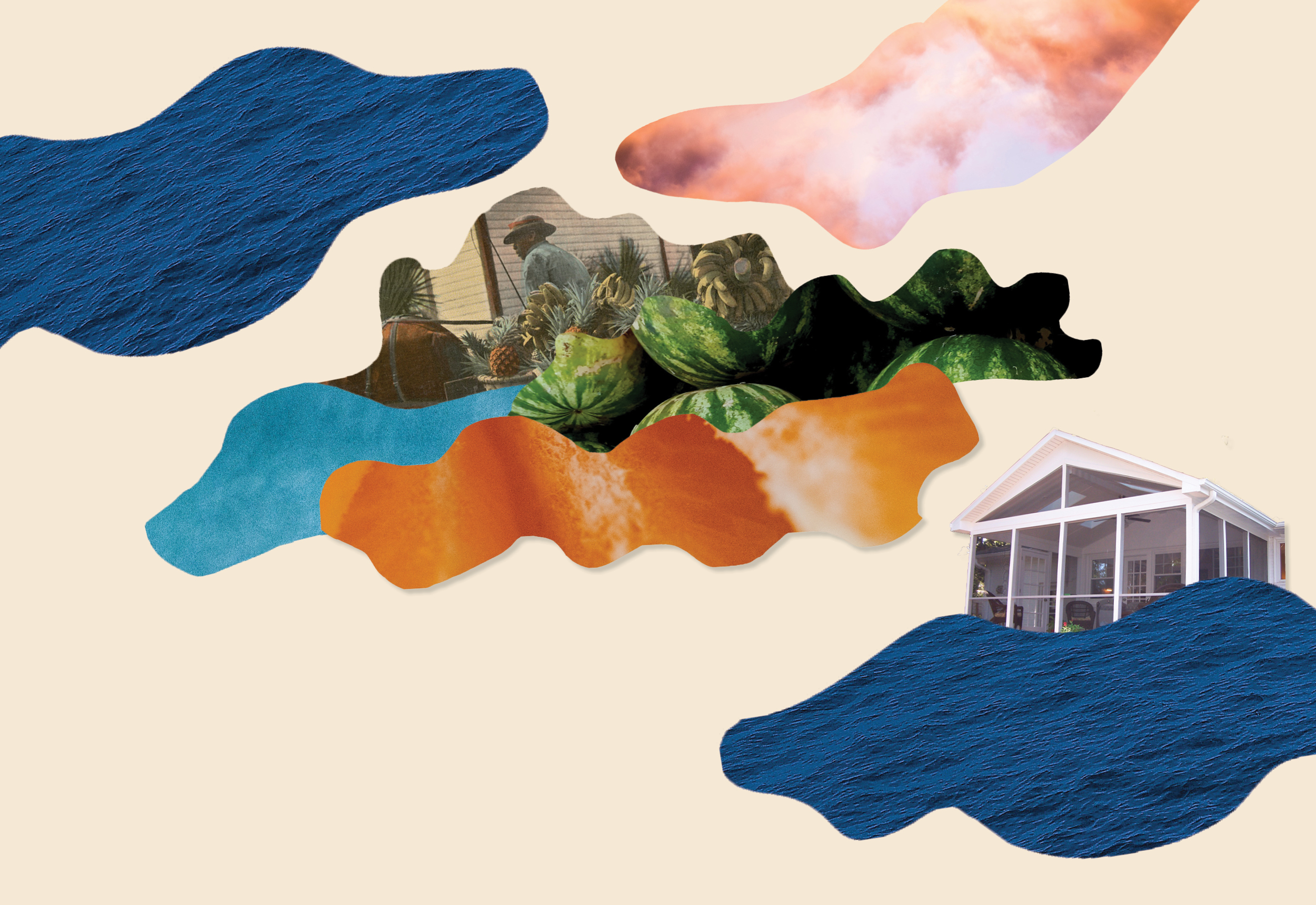
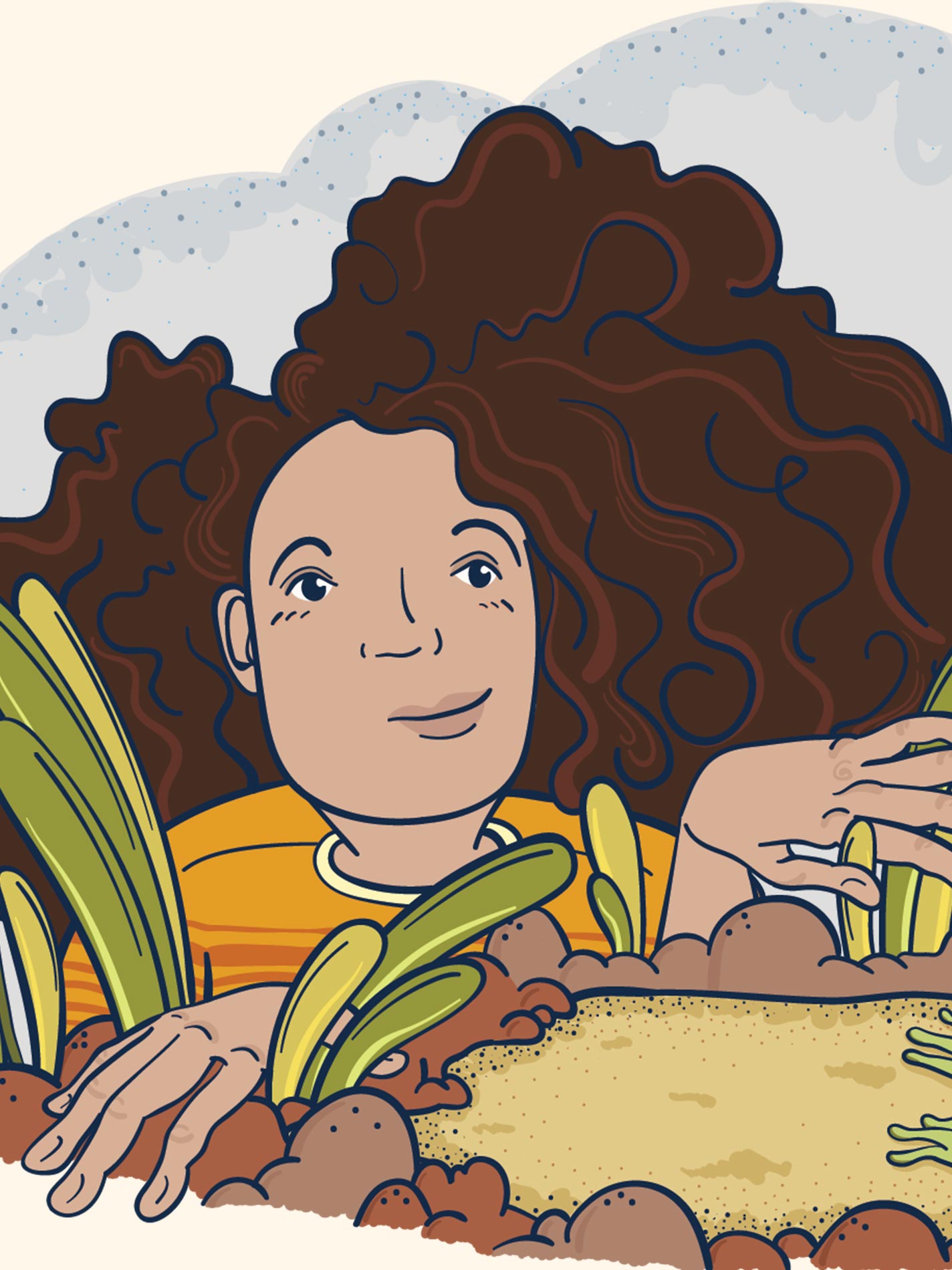
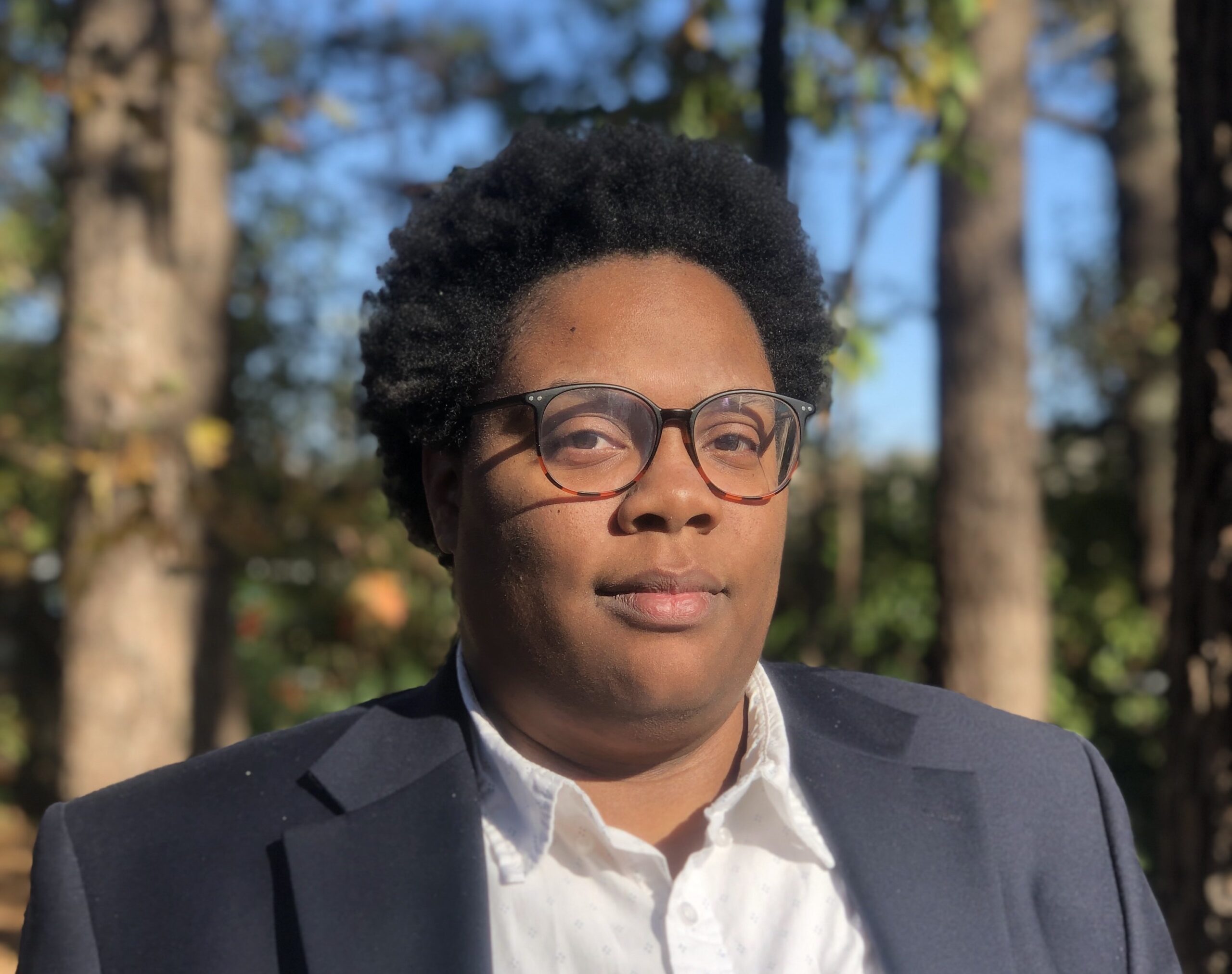
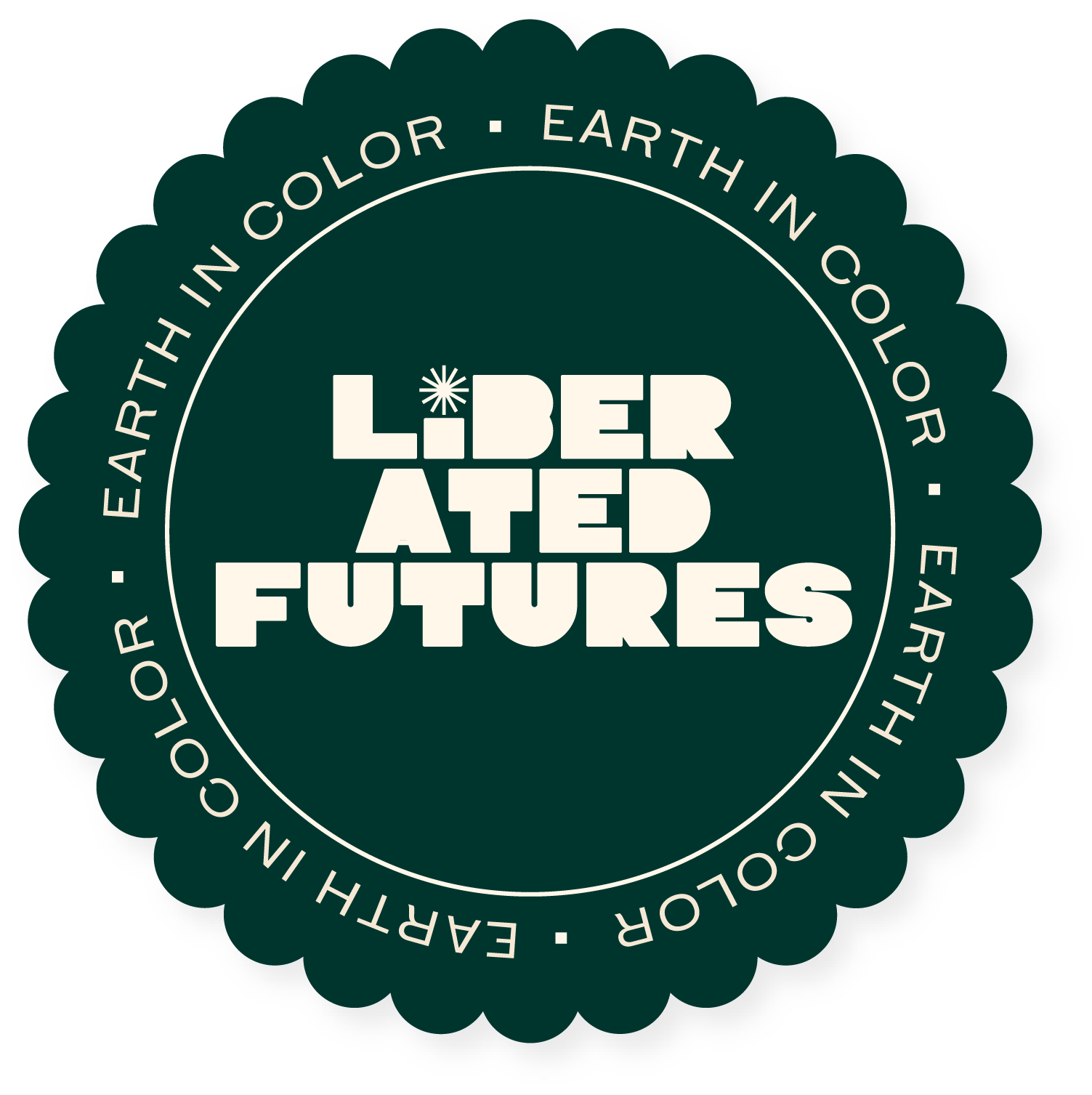
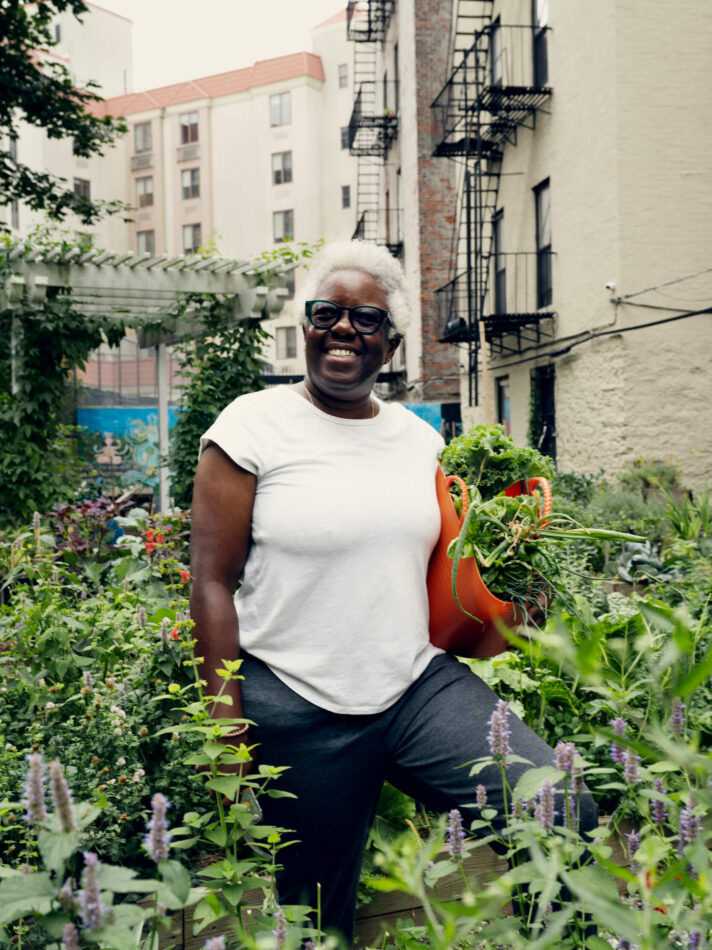
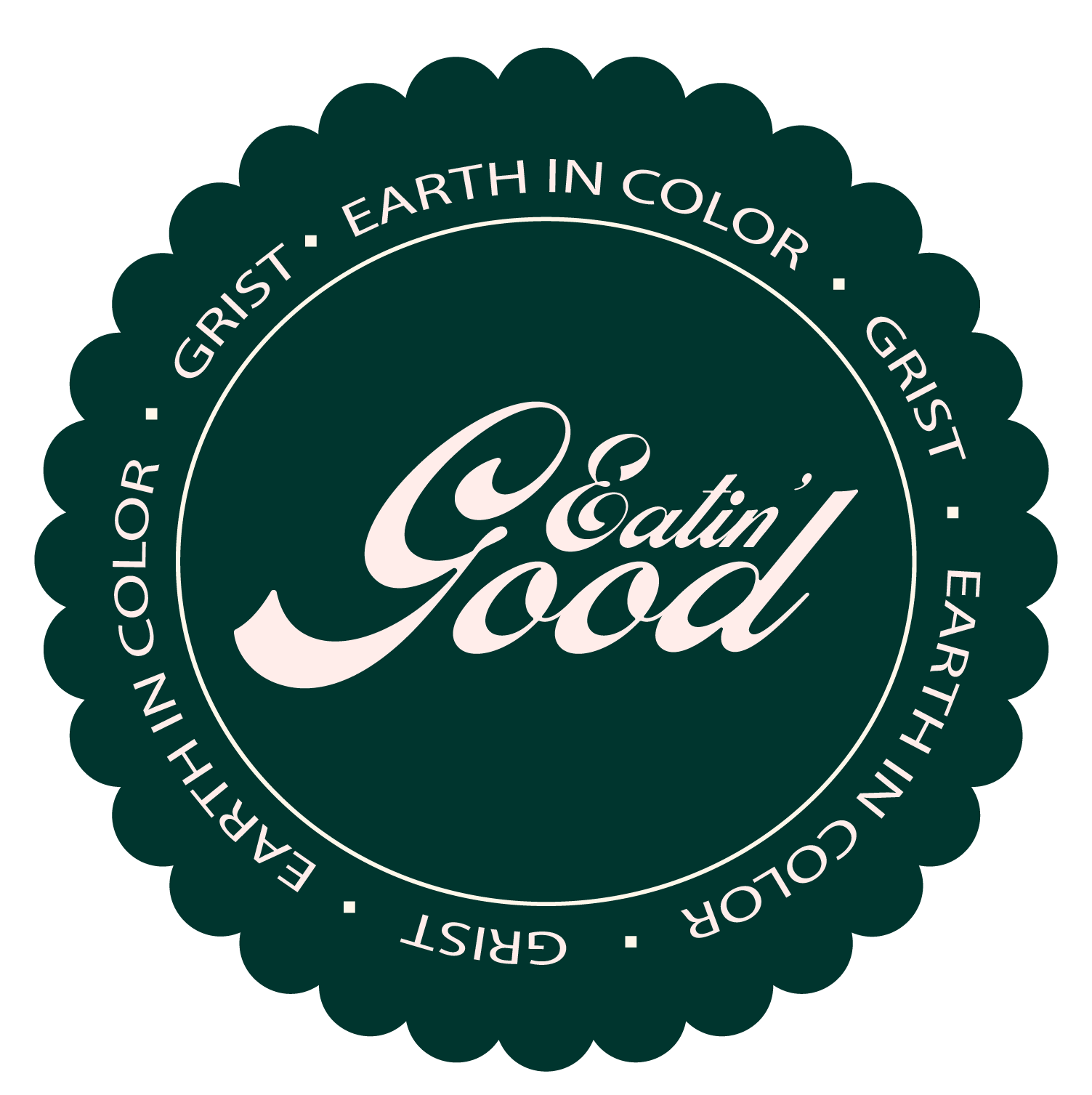
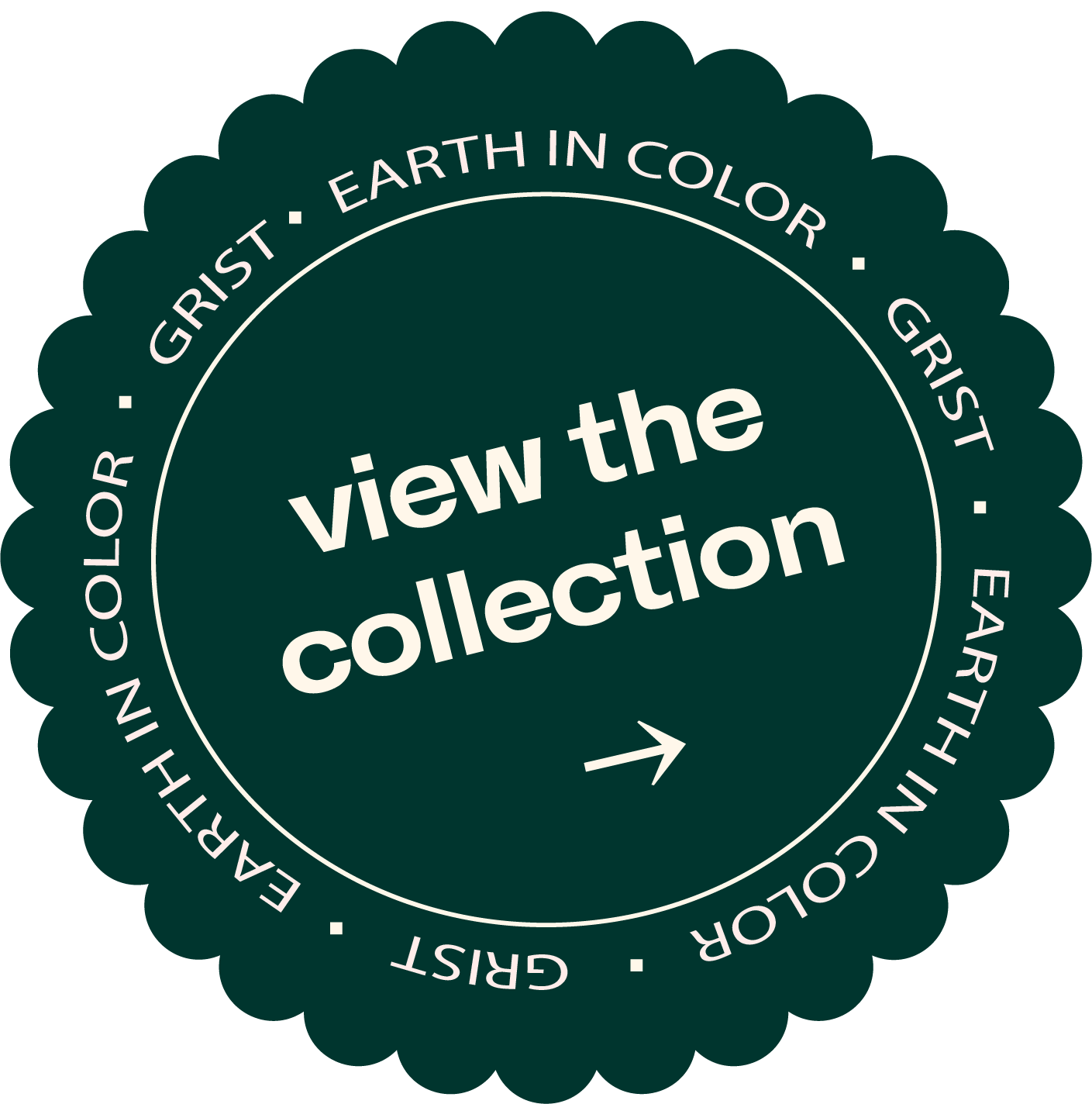
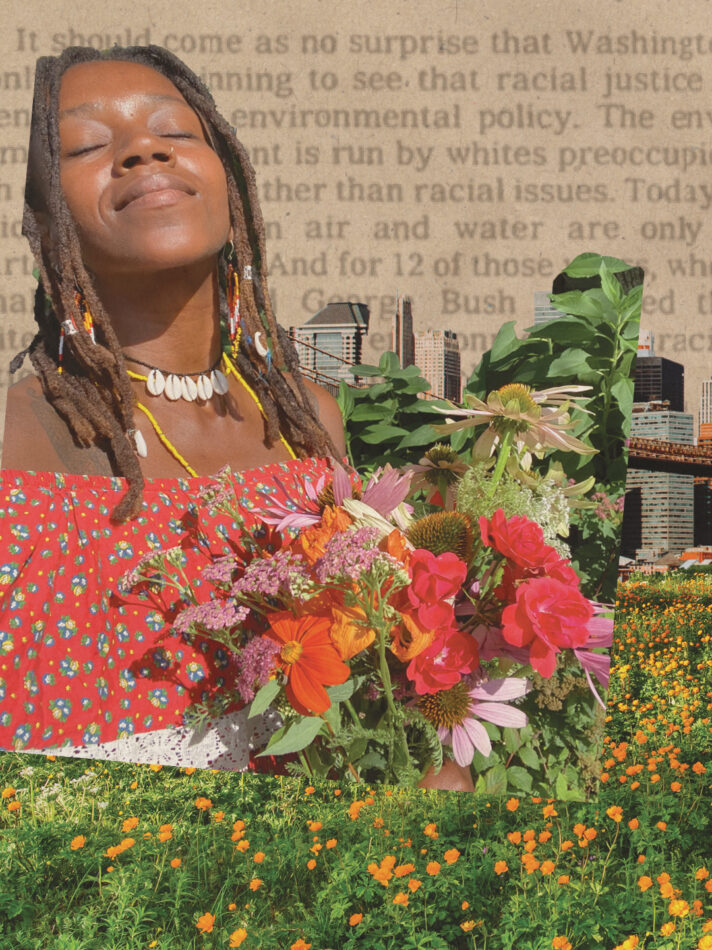

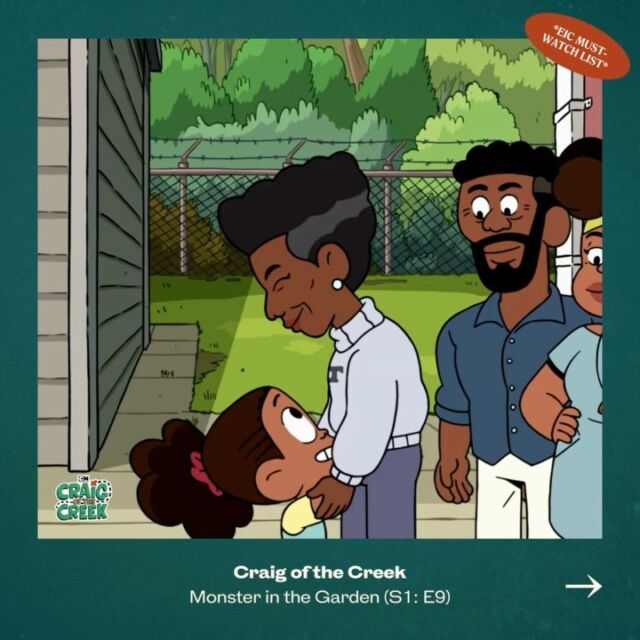
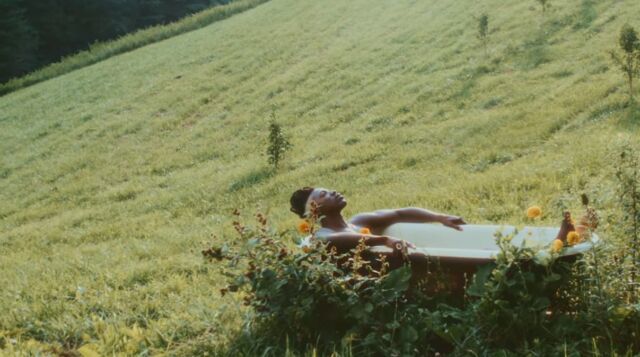
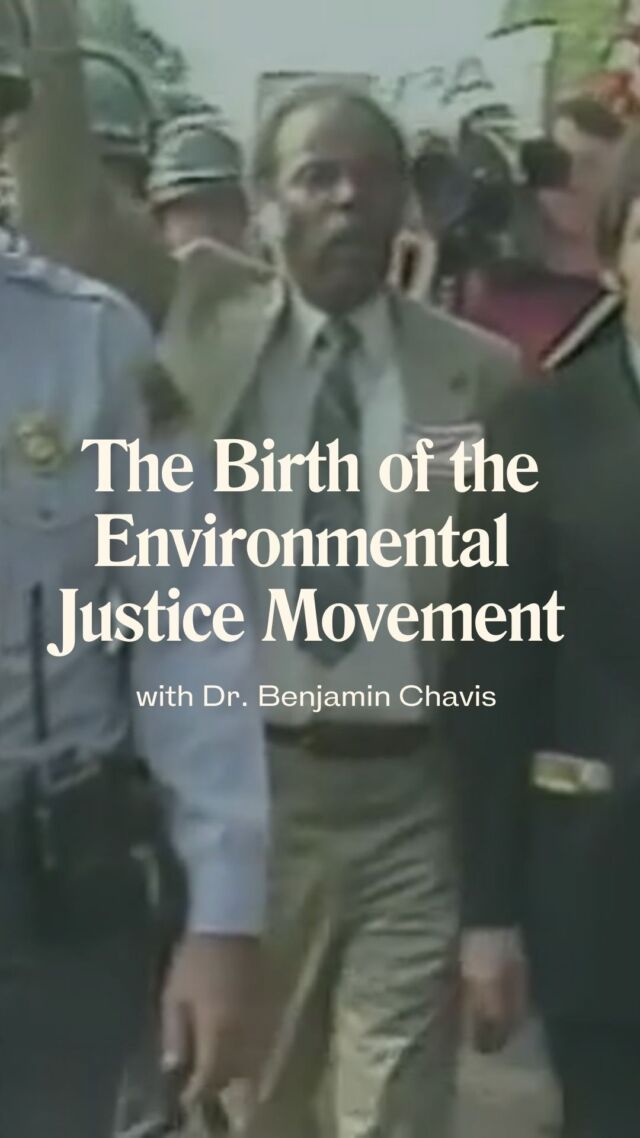
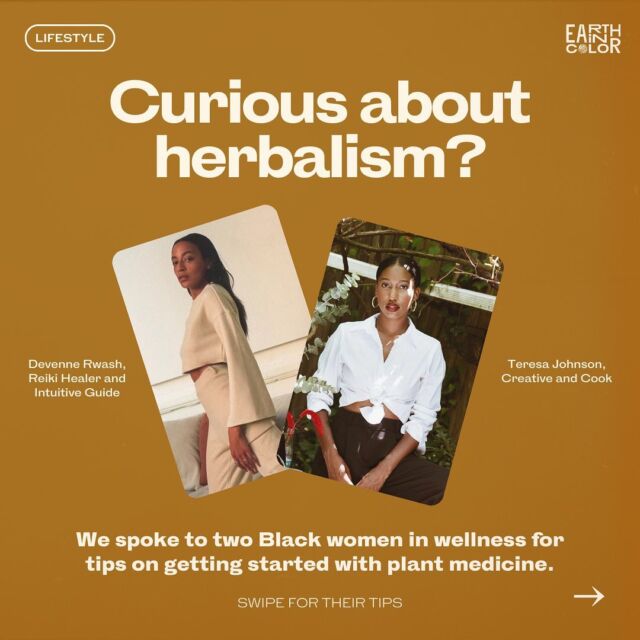
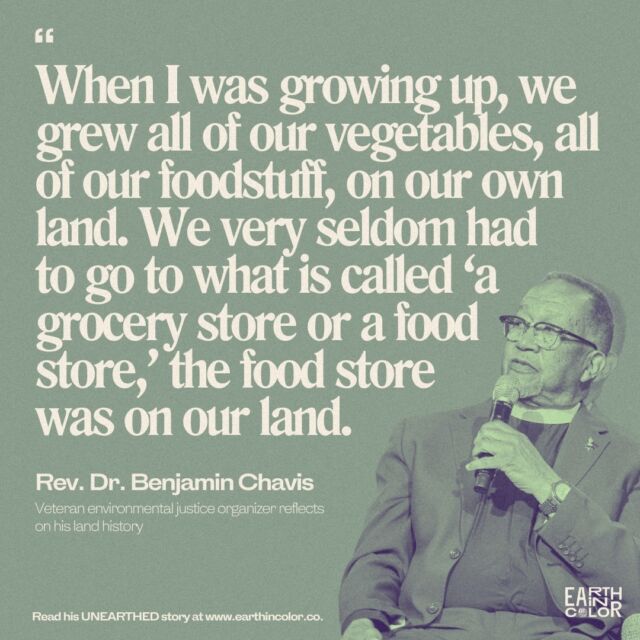
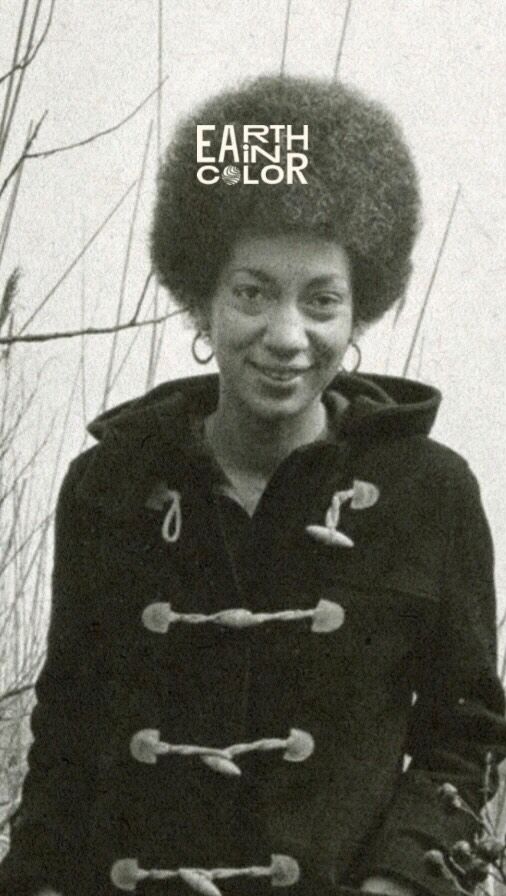
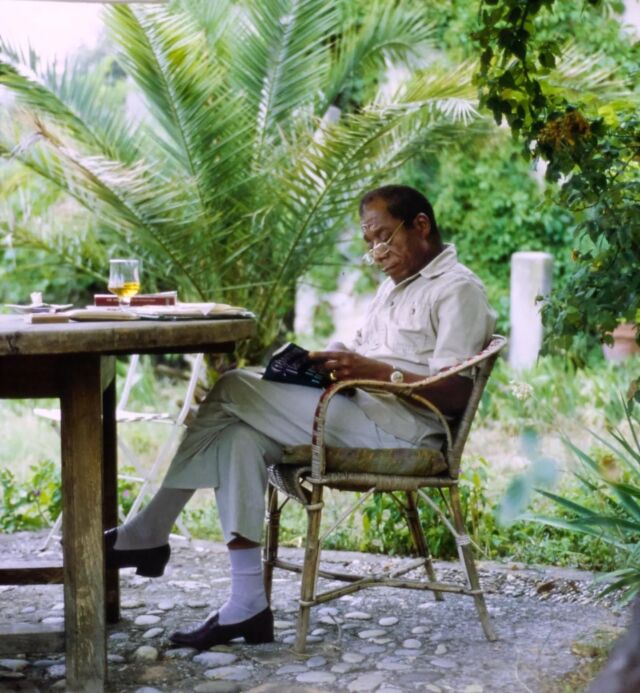
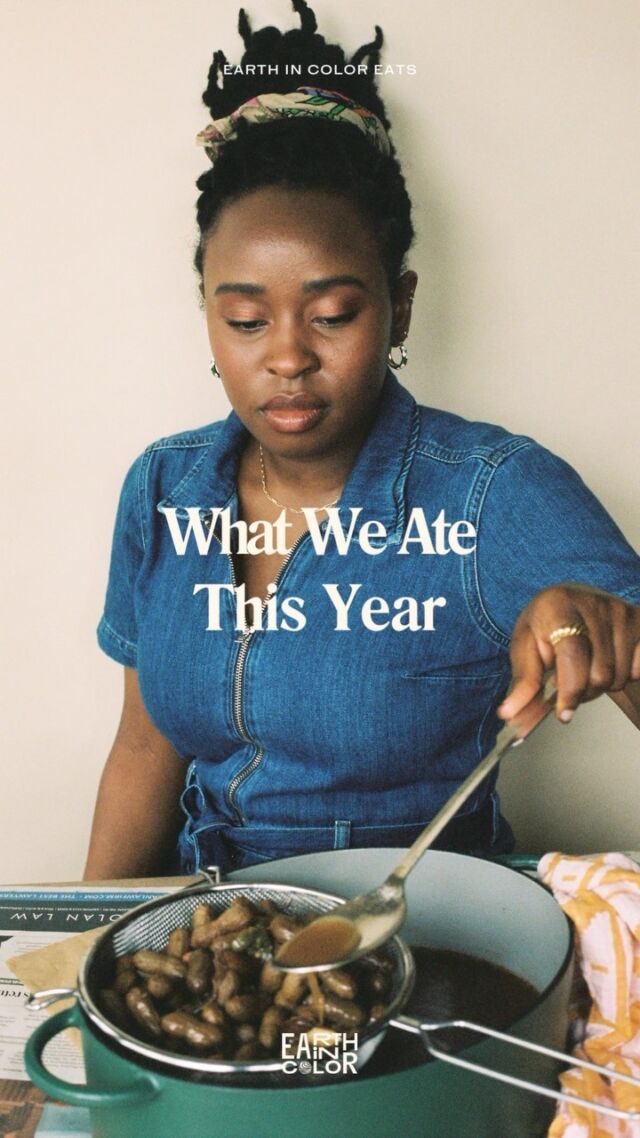
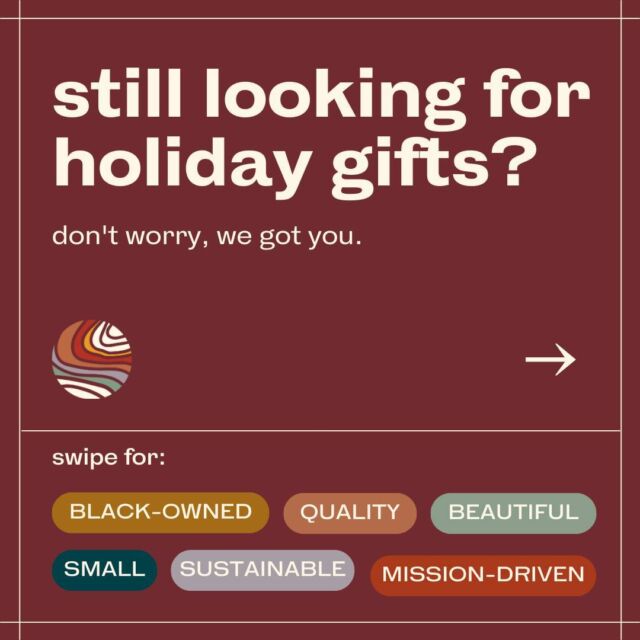
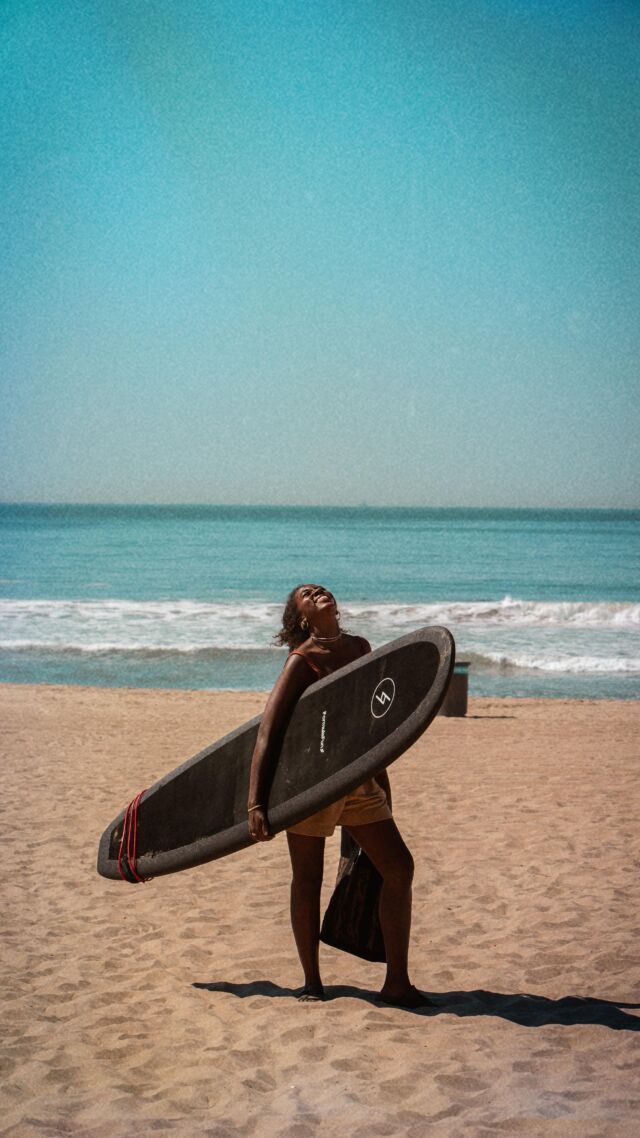
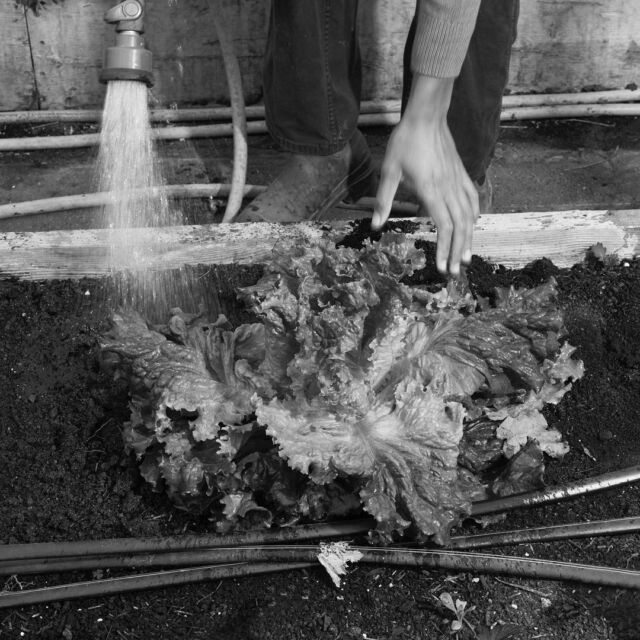
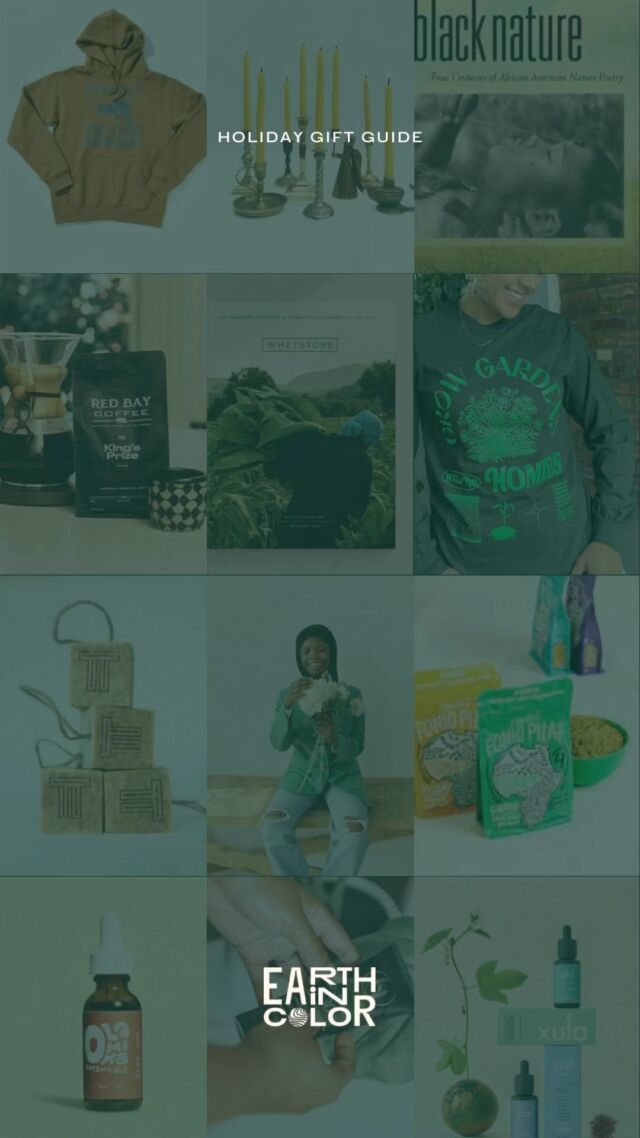
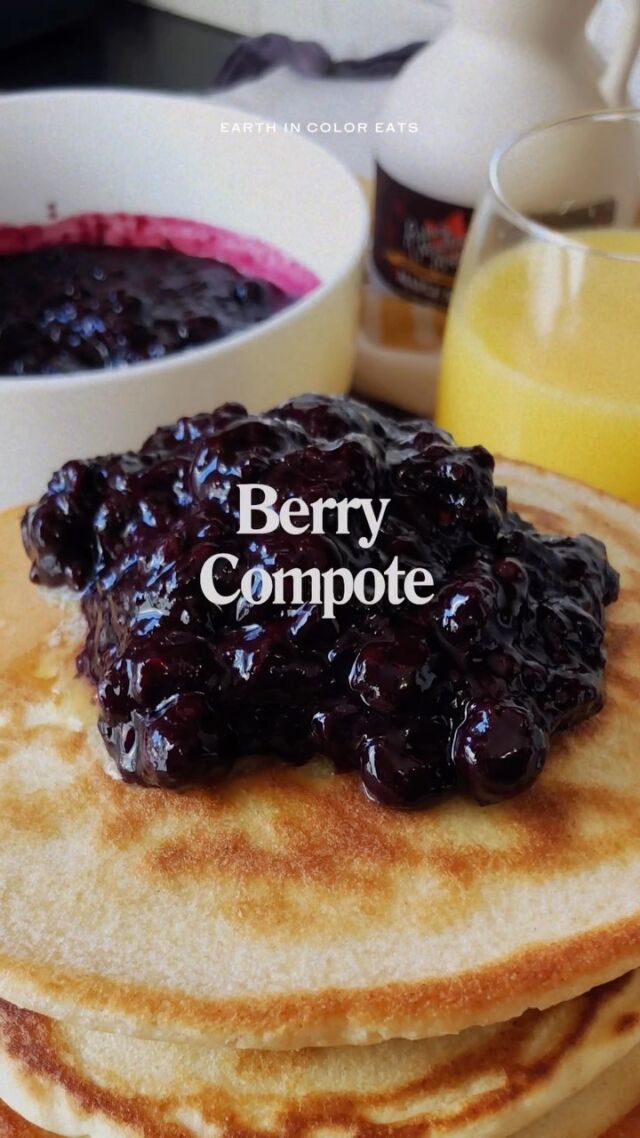
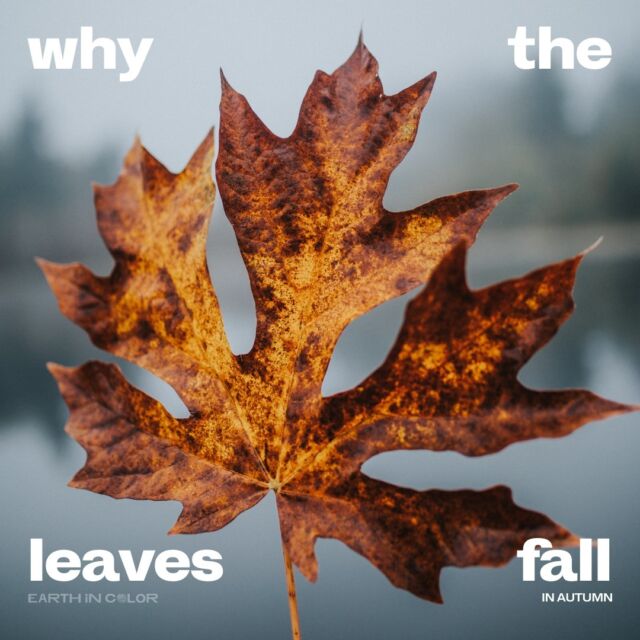
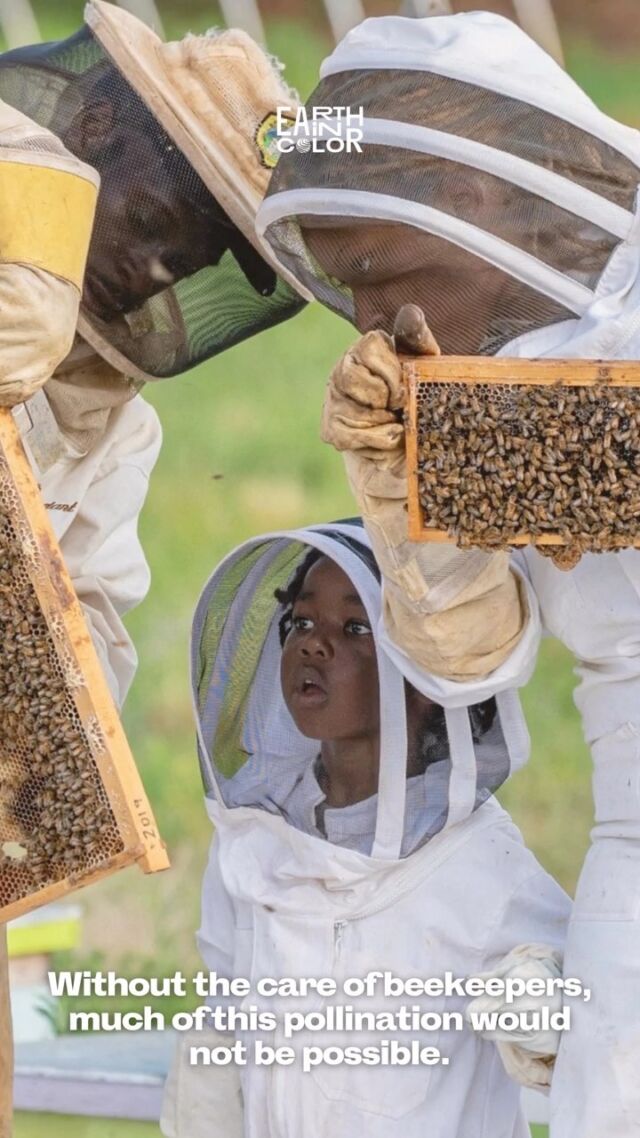
![Did you know you could be buying fake honey? 👀🍯
According to @detroithives co-founder Timothy Paule Jackson, “ninety percent of most honey that you get in big box stores is fake.” To make sure you’re getting the real stuff, he suggests checking out the nutrition label. Fake honey will have ingredients like “high fructose corn syrup, peach syrup, [and] it’ll have some type of sugar.” Avoid honey labeled as “pure” or “pasteurized,” and instead look for words like “raw” or “local.”
And with winter approaching, it’s the perfect time to stock up — not only is it full of vitamins and minerals, but real honey can also be used as a remedy for sore throats and coughs. Swipe to check out some of our favorite Black-owned bee farms and Black beekeepers selling the good stuff 🐝🍯](https://earthincolor.co/wp-content/uploads/sb-instagram-feed-images/314552686_126502226881255_7598404171432106028_nfull.jpg)
